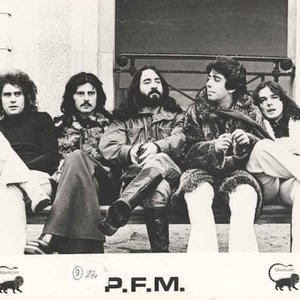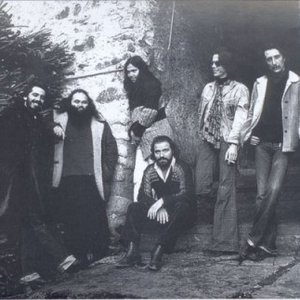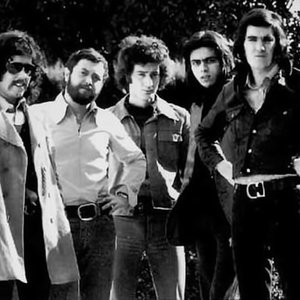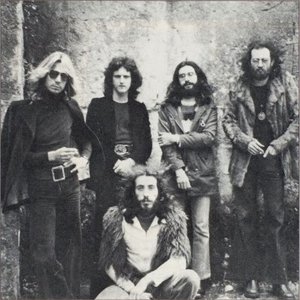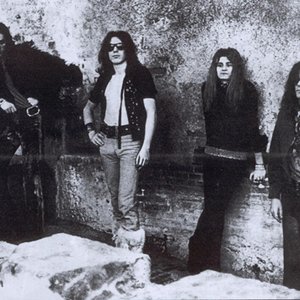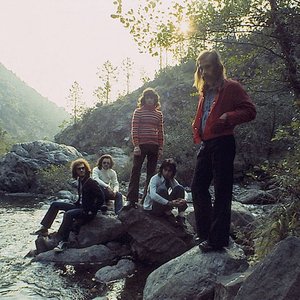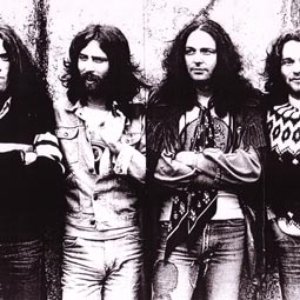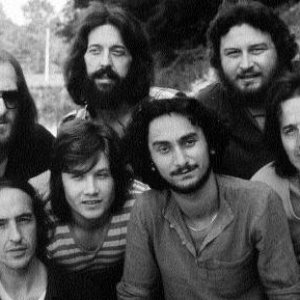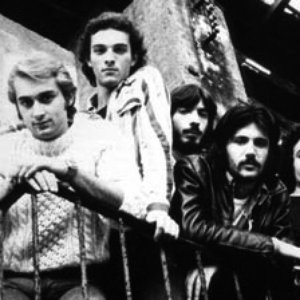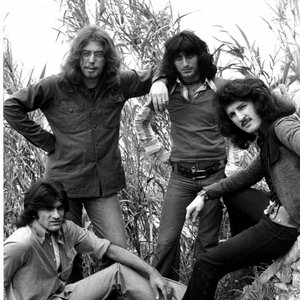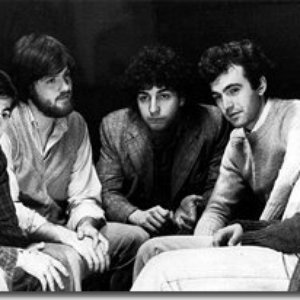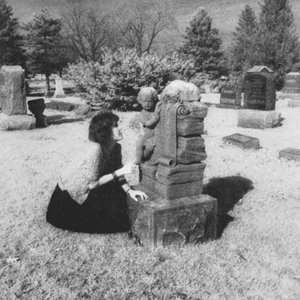Biography
-
Years Active
1970 – 1974 (4 years)
-
Founded In
Roma, Lazio, Italy
-
Members
- Claudio Filice
- Giorgio Giorgi
- Massimo Giorgi
- Massimo Roselli
- Patrick Traina
Quella vecchia locanda is an Italian progressive rock band formed in Rome in the early seventies. QVL plays a complex music with a lot of instrumental combinations, beautiful melodies and a very high sophistication, reminiscent of the style of King Crimson.
Quella Vecchia Locanda was a Roman music group formed in Monteverde in the early seventies, known for crafting progressive rock with symphonic elements. The band's initial lineup included Giorgio Giorgi on vocals and flute, Raimondo Cocco on guitar and clarinet, Patrick Traina on drums, Romualdo Coletta on bass, Donald Lax on violin, Massimo Roselli on keyboards, and Carlo Mariani on piano (who left shortly after). All members had classical musical training and a deep appreciation for baroque composers, especially Vivaldi, Bach, and Brahms. The whimsical name originated from the band's early rehearsals in an abandoned inn. Their first phase, from early 1970 to mid-1972, saw active live performances and moderate success.
In 1971, one of their pieces was selected for the progressive rock compilation titled "Progressive Voyage." Towards the end of that year, the group recorded a concert at Voom Voom in Rome, later released on CD by Mellow Records in 1993. The band's breakthrough occurred in the following year with a performance at the Villa Pamphili Pop Festival, leading to a contract with the small label Help!.
The eponymous debut album was released in 1972. With a splendid cover, it featured a melodic musical line, frequent symphonic passages enhancing dreamy and fairy-tale-like atmospheres in the themed lyrics, and occasional harder prog-style sections. Notable were the Vivaldi-inspired voice-piano phrases, and prominent instruments like the flute and electric violin played by virtuoso Donald Lax. Buoyed by the album's success, the band continued live performances, participating in events like Controcanzonissima organized by Ciao 2001 and two editions of the Avant-garde Music and New Trends Festival. In 1973, they took part in the Viterbo Pop Festival alongside artists like Alan Sorrenti and Mauro Pelosi. Meanwhile, the band underwent lineup changes, with Lax and Coletta departing and being replaced by Filice on violin and Giorgi on bass.
By 1974, the group released their second and final LP, "Il tempo della gioia," published by RCA Italiana. This album showcased a more refined sound than its predecessor, featuring a particularly melodious piano, and making various concessions to a precious style. However, despite an excellent title track, the overall reception from both the audience and critics was less enthusiastic.
Facing challenges in carving a niche in a crowded music market and the diminishing support from critics, the group eventually disbanded.
Lineup:
Giorgio Giorgi - vocals, flute (1970-1974)
Raimondo Maria Cocco - guitar, clarinet (1970-1974)
Massimo Roselli - keyboards, vocals (1970-1974)
Romualdo Coletta - bass (1970-1972)
Massimo Giorgi - bass (1974)
Patrick Traina - drums, percussion (1970-1974)
Donald Lax - violin (1970-1972)
Claudio Filice - violin (1974)
Discography:
Studio Albums
1972 - Quella Vecchia Locanda
1974 - Il tempo della gioia
Live Album
1993 - Live
Singles
1974 - Villa Doria Pamphili
1993 - Io Ti Amo
Artist descriptions on Last.fm are editable by everyone. Feel free to contribute!
All user-contributed text on this page is available under the Creative Commons Attribution-ShareAlike License; additional terms may apply.
